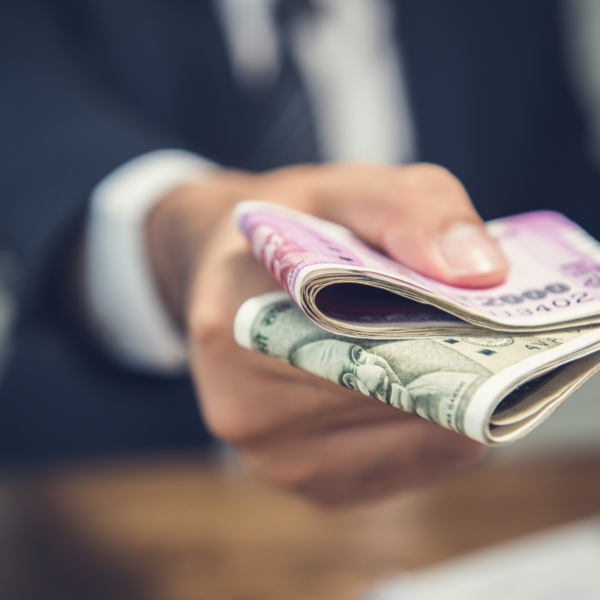Credit cards are powerful financial tools when used responsibly, offering convenience, rewards, and the flexibility to manage expenses. However, for some, the allure of credit cards can turn into a potentially harmful addiction. In this blog post, we’ll explore ten signs that might indicate you’ve crossed the line into credit card addiction and offer insights on how to address these behaviors.
Compulsive Spending:
If you find yourself making purchases on a whim without careful consideration of your budget, needs, or financial goals, it could be a sign of credit card addiction. Constantly reaching for your credit card to satisfy impulsive desires may lead to mounting debt.
Maxing Out Cards Regularly:
Maxing out your credit cards regularly or coming close to your credit limits is a red flag. This behavior suggests a reliance on credit beyond your means, leading to potential financial strain and high-interest charges.
Frequent Balance Transfers:
Constantly transferring balances between credit cards to take advantage of promotional offers may be a sign of credit card addiction. This practice can become a cycle, masking the underlying issue of accumulating debt.
Ignoring Statements and Bills:
Avoiding or neglecting to open credit card statements or pay bills on time may indicate a desire to detach from the reality of your financial situation. Ignoring these responsibilities can result in late fees, increased interest rates, and damage to your credit score.
Using Credit to Cover Necessities:
If you’re regularly relying on credit cards to cover essential expenses like groceries or utility bills, it suggests that your financial habits may be unsustainable. Using credit for necessities may lead to a cycle of debt that’s difficult to break.
Stress and Anxiety Surrounding Finances:
Constant stress and anxiety about your financial situation, particularly related to credit card debt, may signal an unhealthy relationship with credit. Persistent worry about meeting payment deadlines and managing debt can take a toll on your overall well-being.
Hiding Purchases from Loved Ones:
If you find yourself hiding or downplaying your credit card purchases from friends, family, or partners, it may indicate feelings of guilt or shame associated with your spending habits.
Frequent Cash Advances:
Regularly resorting to cash advances from credit cards can be a dangerous habit. Cash advances often come with high fees and interest rates, contributing to an increased debt burden.
Unable to Build Savings:
If you struggle to build a savings cushion because most of your income goes toward credit card payments, it’s a sign that your reliance on credit is hindering your ability to achieve financial stability.
Continued Credit Card Use Despite Financial Strain:
Persistently using credit cards even when facing financial difficulties, job loss, or other challenges may indicate an addiction. This behavior can exacerbate financial stress and make it harder to recover from setbacks.
Addressing Credit Card Addiction:
Seek Professional Help:
If you recognize signs of credit card addiction, consider seeking the guidance of a financial counselor or therapist specializing in financial issues.
Create a Realistic Budget:
Develop a realistic budget that prioritizes necessities, savings, and debt repayment. Having a clear financial plan can help you regain control over your spending.
Limit Credit Card Access:
Consider leaving your credit cards at home when unnecessary to avoid impulsive spending. Reducing accessibility can be an effective strategy to break the cycle.
Build Emergency Savings:
Focus on building an emergency savings fund to provide a financial buffer for unexpected expenses. Having savings can reduce the reliance on credit during challenging times.
Set Spending Limits:
Establish spending limits for different categories and adhere to them. This discipline can prevent overspending and contribute to a healthier financial mindset.
Regularly Review Your Finances:
Make it a habit to regularly review your financial situation. This includes checking credit card statements, monitoring your credit score, and reassessing your budget as needed.
Conclusion:
Recognizing and addressing signs of credit card addiction is a crucial step toward regaining control of your financial well-being. If you find yourself exhibiting these behaviors, remember that there is help available. Seek support from professionals, create a realistic budget, and take proactive steps to break free from the cycle of credit card dependence. By fostering healthier financial habits, you can pave the way towards a more secure and balanced financial future.






Recent Comments